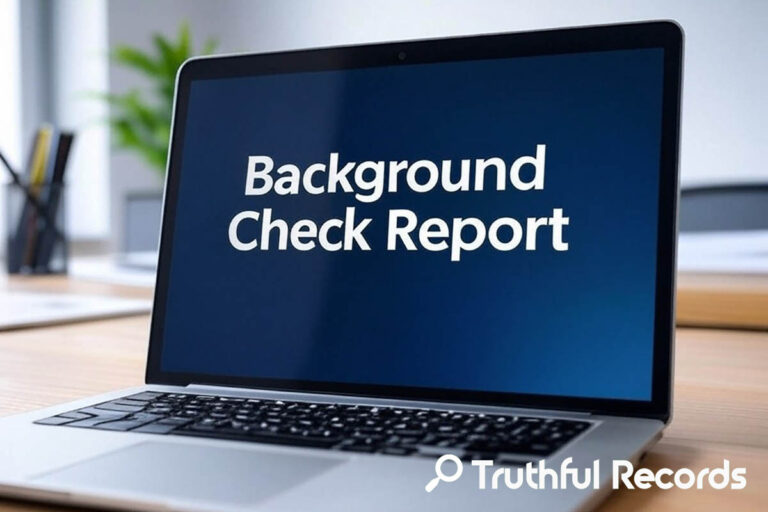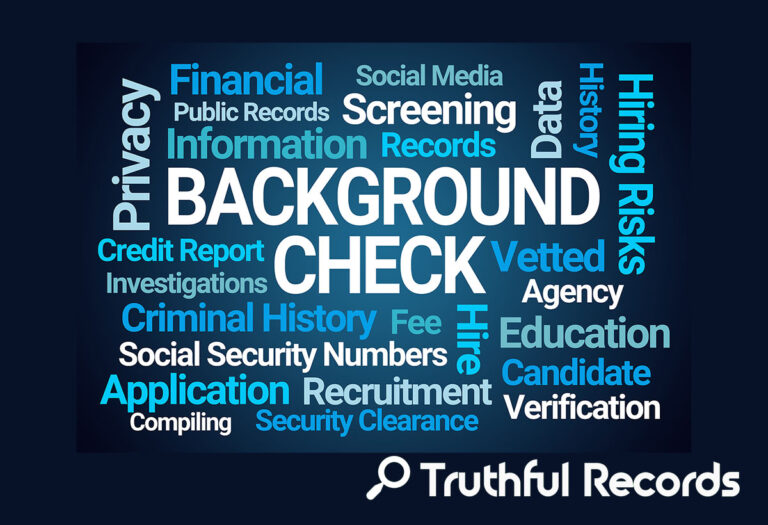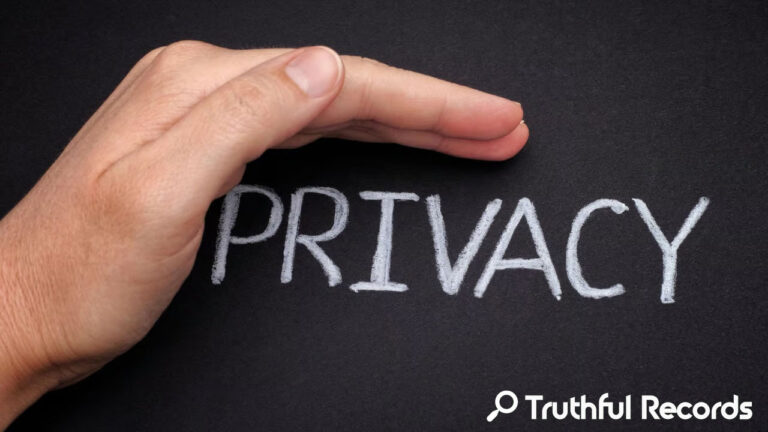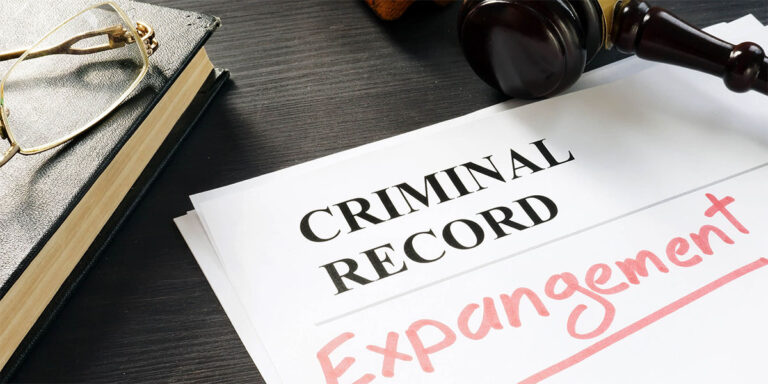How to Conduct a Personal Criminal Record Search: A Step-by-Step Guide
Ever wondered how to do a personal criminal record search? Whether it’s for a job, housing application, or just peace of mind, it’s important to know what’s on your criminal record! This guide will walk you through the steps to access your record, understand what’s on it, and even clean it up if needed. If you want more info on background checks, be sure to check out this personal background check guide. Let’s get started and take control of your criminal record today!
What is a Personal Criminal Record Search?
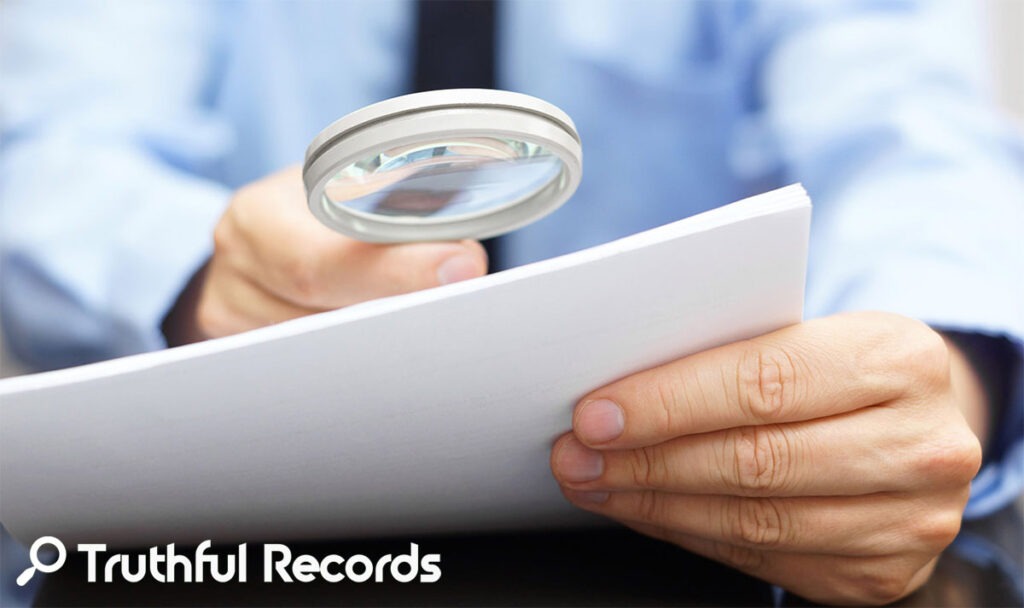
A personal criminal record search is when you check your own criminal history. It’s pretty simple! This means looking up information about any arrests, charges, or convictions that might be tied to your name. The idea is to see what’s on record, whether it’s something old or recent, and make sure the details are correct.
Why should you do this? Well, knowing your criminal history is super important for a few reasons. It can affect things like your job, whether you get approved for housing, or even if you’re allowed to get certain licenses. The best part? It gives you the peace of mind that you know exactly what’s out there about you!
A personal criminal record search helps you stay informed. It’s always a good idea to check in on your own record, especially if you’re about to apply for a new job, rent an apartment, or go through any background checks. Trust me, it’s better to know ahead of time if there’s something on there that might hold you back.
Why Should You Conduct a Criminal Record Search?
Job and Background Checks
When you’re applying for a job, your future employer will probably want to run a background check. If you’ve got a criminal record, it might affect your chances. Knowing what’s on your record in advance helps you prepare for any questions or issues that could come up. Plus, if you notice any mistakes, you can work on fixing them before the background check happens!
Eligibility for Licenses or Permits
Certain jobs or activities need licenses or permits. And guess what? A criminal record can sometimes stop you from getting them! If you’re thinking about applying for something like a driver’s license, teaching credentials, or even a loan, knowing your criminal history beforehand can save you time and headaches.
Personal Peace of Mind
Let’s face it, no one likes surprises—especially when it comes to something as important as your criminal history. Checking your record gives you peace of mind. You’ll know exactly what’s on there, and if there’s anything that could be affecting your life, you can start taking steps to handle it. And hey, if there’s nothing on there, that’s a win!
In short, checking your criminal record is a small step that can make a big difference in many areas of life. You’ll be more prepared for job interviews, license applications, and any other situation where your background matters. It’s all about being in control!
How to Request Your Criminal Record
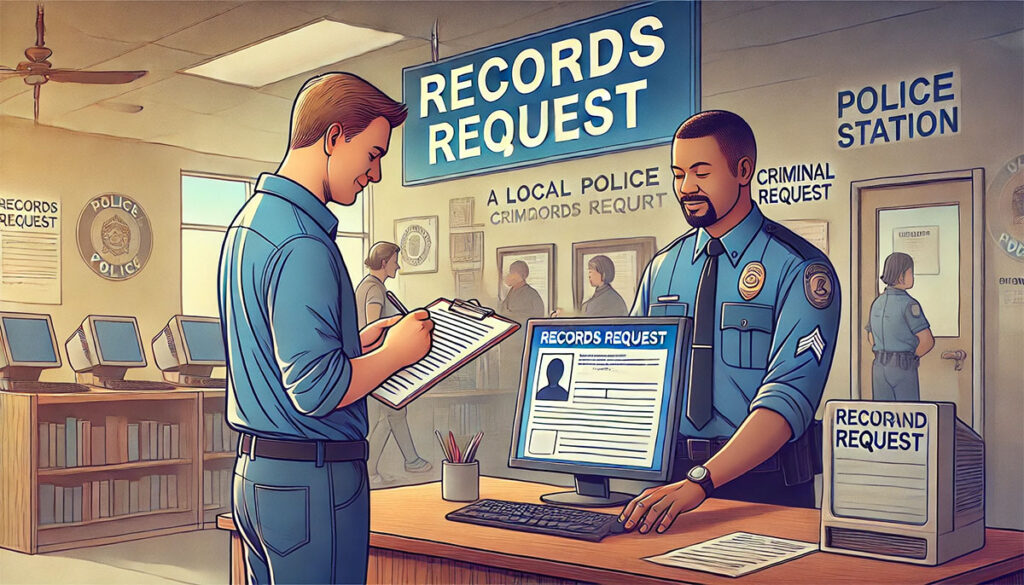
So, how do you actually get your hands on your criminal record? Don’t worry, it’s not that complicated! There are a few ways you can request your criminal history, and you can start by reaching out to local authorities or using online services.
First, you can go directly to your local police station or courthouse to request your record. Some states even allow you to access state and federal criminal records online. If you don’t feel like dealing with all the paperwork yourself, there are online services that can help you request a background check. The great part? You get to choose what method works best for you!
Steps to Request Your Criminal Record
Visit Your Local Police Station or Court
The first step in requesting your criminal record is to visit your local police station or court. They’ll guide you through the process and let you know what information you’ll need to bring. Some places may require you to fill out forms, while others might let you make the request in person.
Submit a Formal Request
Once you’ve got all the details, it’s time to submit a formal request. This could mean filling out some paperwork, providing your fingerprints, or even showing proof of identification. Don’t worry—it’s usually a straightforward process!
Fees and Processing Times
Keep in mind that there might be some fees involved in requesting your criminal record. The cost varies depending on where you live, so it’s a good idea to check ahead. Also, processing times can differ. Sometimes it takes just a few days, and other times, it may take weeks. Be patient—your record will be on its way!
This simple guide makes it easy to get started on checking your criminal record today!
Understanding the Information in Your Criminal Record
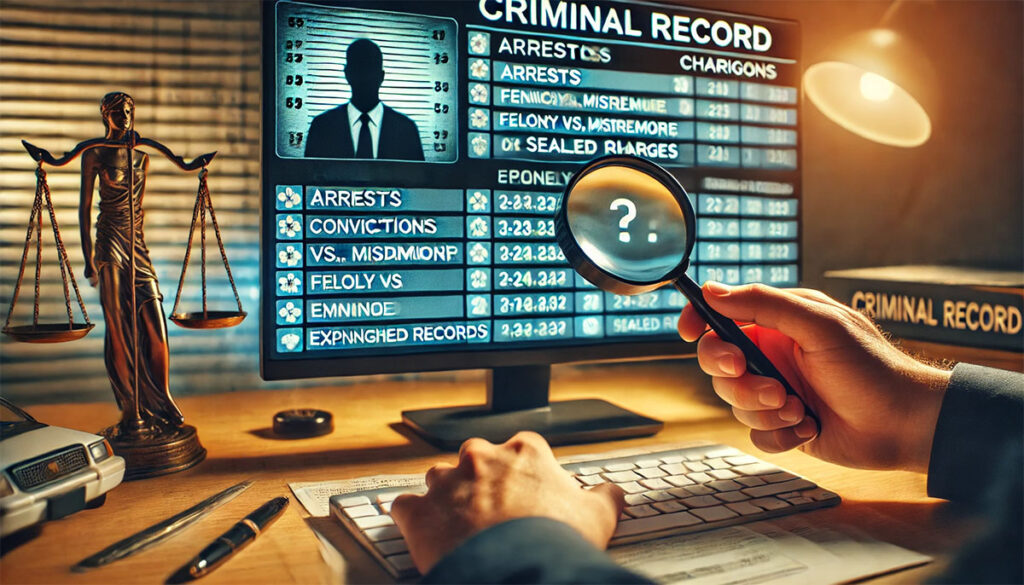
When you request your criminal record, you might be wondering what exactly is included in it. A criminal record can have a lot of information, and knowing how to read it is key! The main sections typically show details about your arrests, convictions, and the type of offenses tied to your name. You might also find information about charges, the outcome of cases, and whether any records have been sealed or expunged. Let’s break it down to help you understand the most important parts.
The criminal record can sometimes be a bit overwhelming, but it’s easy to figure out what it means once you understand the sections. Each part is important, whether it’s for checking background info for a job, license, or just for peace of mind.
What Criminal Information Appears on Your Record?
Arrests and Convictions
Your criminal record will show any arrests you’ve had. This includes when you were taken into custody, even if charges were later dropped or the case didn’t go to trial. It’s also where you’ll find convictions—when you were found guilty of a crime. These can stay on your record even if you served time or paid fines. Understanding the difference between an arrest (when you’re taken into custody) and a conviction (when you’re found guilty) is important!
Felony vs. Misdemeanor Charges
Not all criminal offenses are the same. There are two main types of charges you’ll see on your record: felonies and misdemeanors. Felonies are more serious crimes, like robbery or assault, and usually come with longer sentences. Misdemeanors are less serious, like petty theft or simple assault, and they often result in shorter sentences or fines. Knowing what’s on your record can help you figure out the severity of the charges and what kind of impact they might have on your life.
Expunged or Sealed Records
In some cases, if you’ve cleaned up your record or if a conviction happened a long time ago, your record might be sealed or expunged. When a record is sealed, it’s hidden from most background checks. Expungement is when a conviction is legally erased, so it doesn’t show up at all. If your record has been expunged or sealed, it’s important to know because it can affect what shows up on background checks for things like jobs or housing.
This section of your criminal record can help you understand the charges against you, how serious they are, and whether any parts of your record have been removed. It’s all about knowing your rights and taking control of your history!
Can You Remove Items from Your Criminal Record?
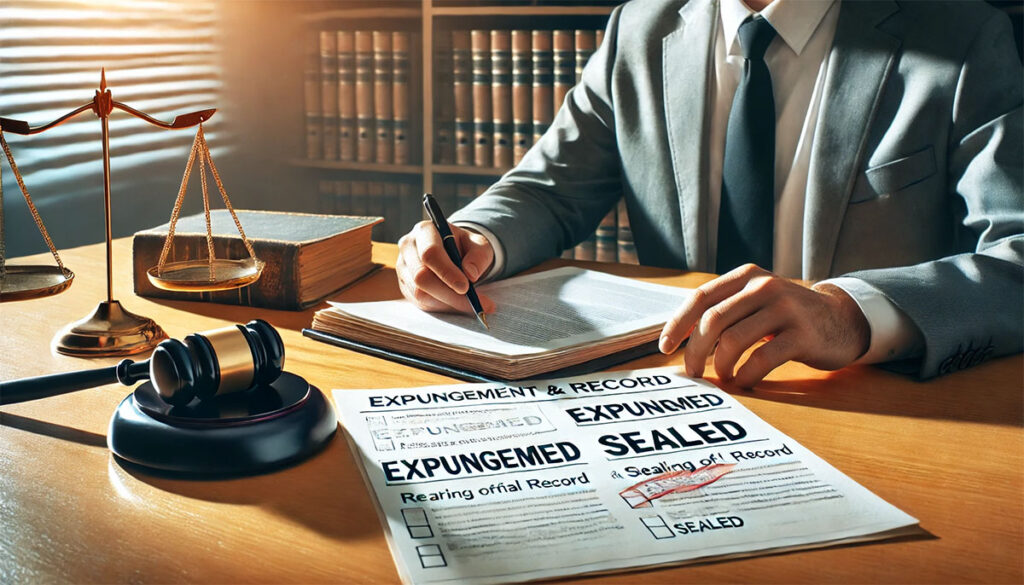
The good news is, yes, in some cases, you can remove items from your criminal record! There are two main ways to do this: expungement and sealing of records. These processes can help clear up your criminal history, making it easier to move forward without the weight of past mistakes hanging over you.
Expungement means that your criminal record is erased, as if the conviction or arrest never happened. Sealing means the record is hidden from most background checks but still exists in official files. Both options can improve your chances when it comes to finding a job, getting housing, or applying for licenses.
To get these records removed or sealed, you’ll need to meet certain eligibility requirements, and the process can vary depending on your state and the nature of your offense. Let’s break it down and figure out if you’re eligible and how to start!
How to Begin the Expungement Process
Understanding the Legal Process
First off, the legal process for expunging or sealing a record is not something you can do overnight. It often involves several steps, including filing paperwork, attending hearings, and possibly paying fees. It’s important to understand that expungement isn’t available to everyone. For instance, some crimes, like violent offenses or serious felonies, may not be eligible for expungement.
State-Specific Expungement Laws
The good news? Expungement laws vary from state to state, so it’s possible that the rules in your state might work in your favor. Some states have more lenient policies, while others have stricter requirements. You’ll want to look up your state’s specific expungement laws to understand whether your crime qualifies and what the process will look like.
Costs and Timelines for Expunging Your Record
Expunging or sealing your criminal record doesn’t come free. There are usually fees involved, which can range from $50 to several hundred dollars depending on your state. The timeline can also vary; some cases are resolved within a few months, while others take longer. Patience is key, but once your record is cleared, it can be totally worth it.
By understanding the process, the eligibility requirements, and costs involved, you’ll be well on your way to clearing your criminal record! It might take some time and effort, but it’s worth it to gain a fresh start.
Common Myths About Criminal Record Searches
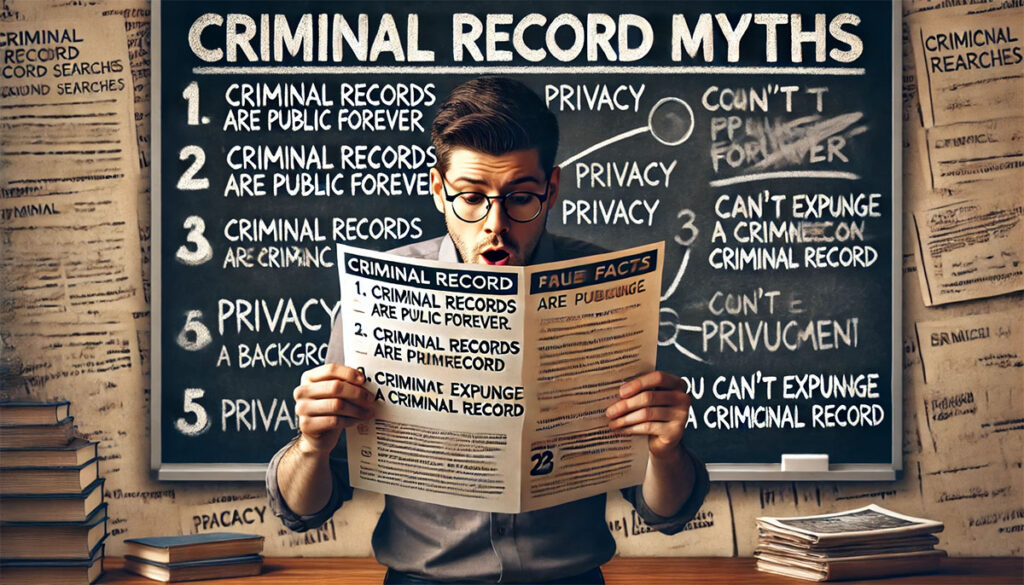
There are plenty of myths when it comes to criminal record searches. Some people think certain things are true, but they’re not! These misconceptions can lead to confusion or even fear about checking your own criminal history. Let’s clear up some of the biggest myths and take a look at what’s really going on when it comes to criminal record searches.
One big worry people have is privacy. They wonder if others can easily access their criminal history without permission. The good news is, while criminal records are public in many cases, there are still laws that protect your privacy. Let’s debunk some of the common myths and get the facts straight.
What Are the Truths Behind Criminal Record Myths?
Myths About Expunging Criminal Records
A common myth is that once something is on your criminal record, it’s there forever. In reality, many people can have their records expunged or sealed, meaning the information can be erased or hidden from most background checks. However, there are specific rules about which crimes can be expunged or sealed, and not every case qualifies. Just because you’ve heard that you can’t remove something doesn’t mean it’s true for every situation.
Public vs. Private Information
Some people worry that everything about their criminal history is up for grabs, but that’s not the case. While criminal records are generally public, some information is protected. For example, sealed or expunged records are hidden from background checks, and certain minor offenses may not show up in public searches. The laws vary depending on where you live, but it’s important to know that not all information is accessible to just anyone.
How Background Checks Really Work
There’s a lot of confusion around background checks. Some believe that all background checks are the same and that any mistake on your record will automatically hurt your chances. In reality, background checks can vary widely depending on the employer or the agency running the check. Some checks look only at recent convictions, while others may look at your entire criminal history. It’s important to understand how background checks work in your area to get a full picture of what employers or organizations might see.
By clearing up these myths, you’ll feel much more informed and empowered when it comes to checking your criminal history and knowing what’s accessible to others. It’s all about understanding the facts!
Conclusion
Conducting a personal criminal record search is a smart move for anyone, whether you’re preparing for a job application or simply want to know what’s on your record. By following these steps, you can access your criminal history, address any issues, and ensure everything is up to date. Remember, understanding your criminal record can empower you to make informed decisions. Start your search today!

